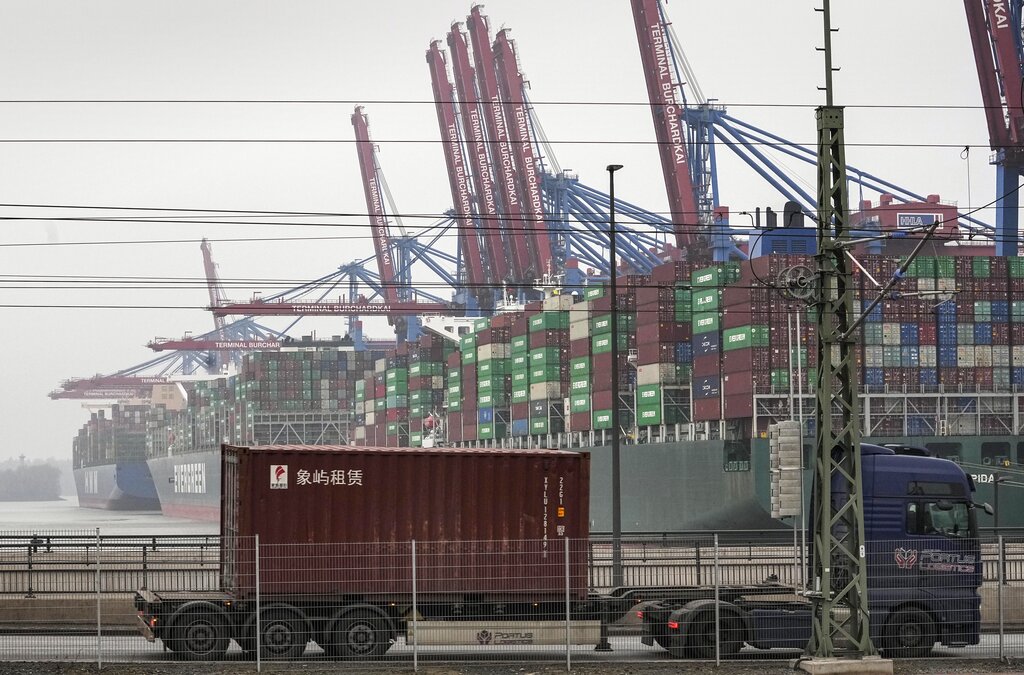Germany is Europe’s biggest economy, one of the world’s biggest exporters, and an industrial power, but it is not doing so well lately. Industrial production is in decline, inflation is above the eurozone average, and retail sales are shrinking month over month, year over year. These are not unfamiliar macroeconomic trends: The Hungarian economy, for example, is on a similar path, as are many European countries.
As for the near future, unfortunately, there is a growing consensus of gloomy prospects for the coming months. The economic indicators, which are also forward-looking, and the various sentiment indices do not point to a positive turnaround for some time.
The Purchasing Managers’ Index is one of the most frequently cited forward-looking indicators, as it provides fairly up-to-date information on the functioning of companies (production, orders, employment, costs, etc.) and their expected changes. This indicator has been pointing to a downturn in the German manufacturing sector for more than a year.
It is not the first time that Germany has been called the “sick man of Europe” in the headlines. More than two decades ago, the German economy was similarly weak and newspaper articles were published in a similar vein. It is worth asking: How has the current situation come to pass?
One factor has been the energy crisis, or more precisely the specific German energy crisis.
Although Germany has managed to escape the trap of the previous high level of Russian energy imports relatively quickly, the problems arising from the forced transition to green energy and the abandonment of nuclear power are causing persistently high energy prices and thus a competitive disadvantage.
The other problem is geopolitical. Germany’s undoubted strength is its industrial exports, thanks to the traditionally high quality of German products. Meanwhile, export prospects are not the most favorable. The Russian export market has largely been lost: While Russia’s share of total German exports was 3.5 percent before the invasion of Crimea, it has now shrunk to 0.5 percent. China is a particular headache, as it was the second-biggest export market for German products just a few years ago, and is now third or fourth.
The third factor is the underdevelopment of the digital economy. Neither the German state nor German companies have devoted sufficient attention and resources to this over the last two decades. This is also a more general European problem, but various indicators of digital development show that Germany is worse off than the Western European average in this respect. The importance of this in the 21st century can hardly be overestimated. The only good news is that both the German state and German companies have recognized the problem.
The question is whether the current challenges represent a qualitatively different level compared to the past.
The problems caused by the energy crisis may ease over time, and the digital divide can be partly closed, but geopolitical changes have significant and unavoidable drawbacks. Against this backdrop, the most likely scenario is that, while Germany may emerge from recession, the relative decline in its economic strength is unlikely to be reversed.





